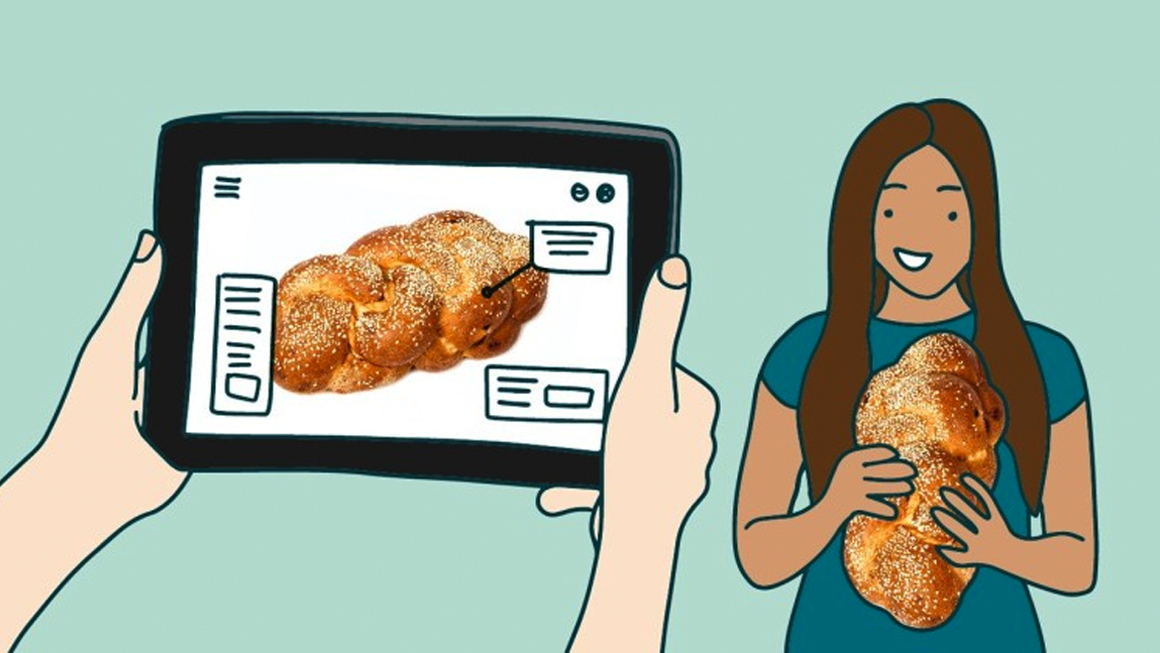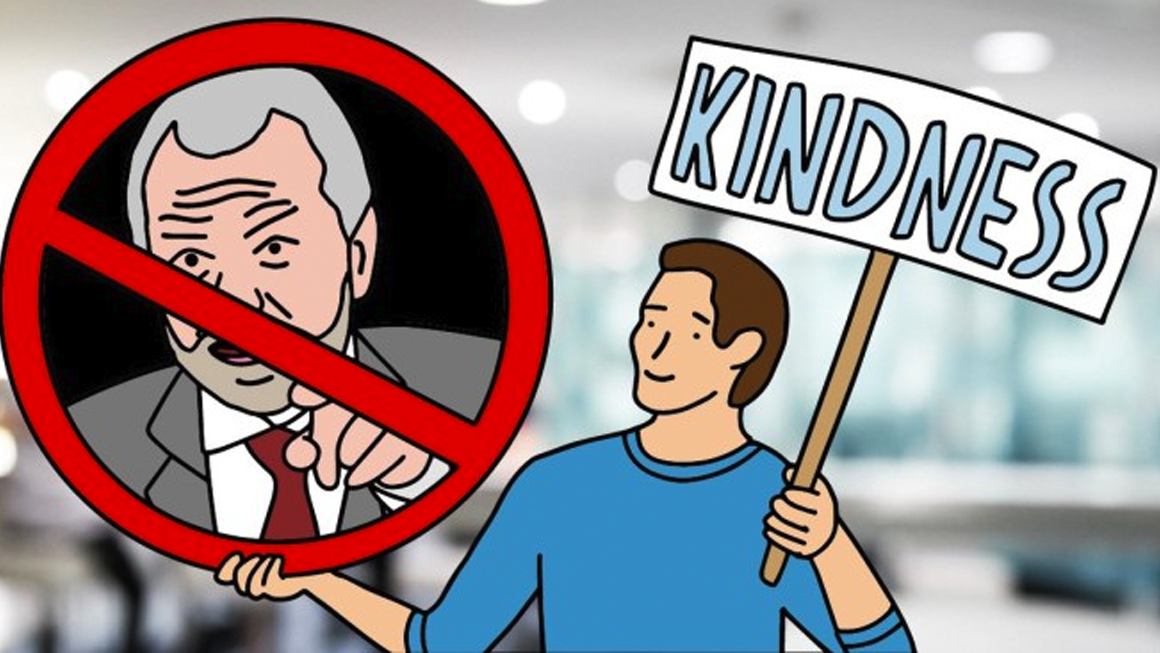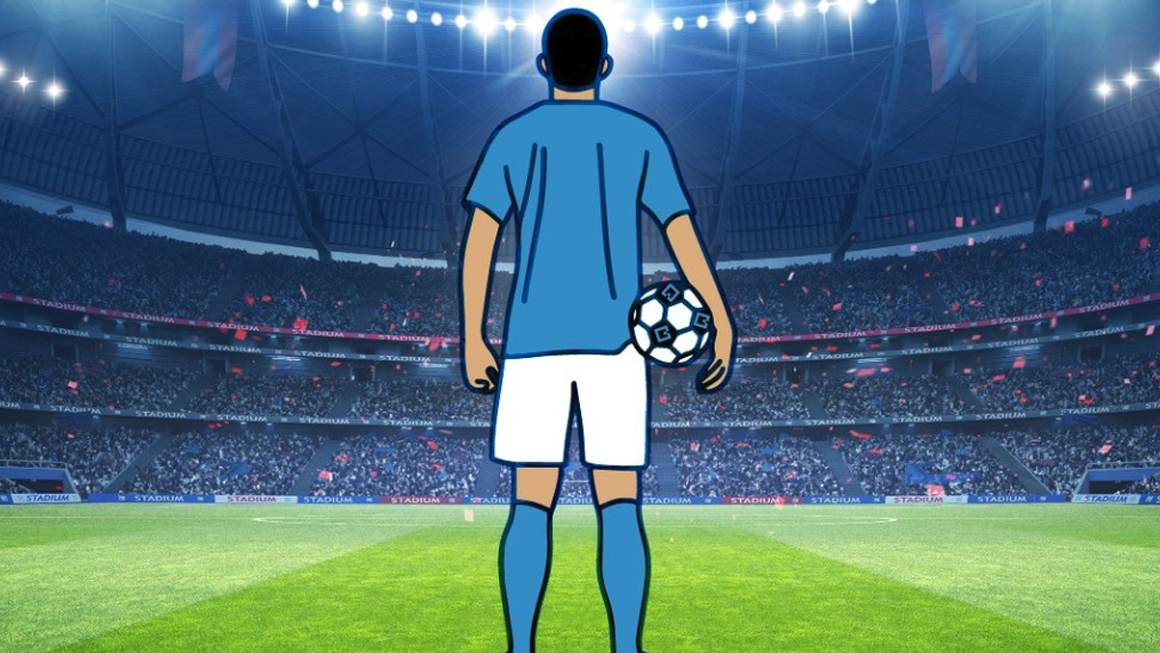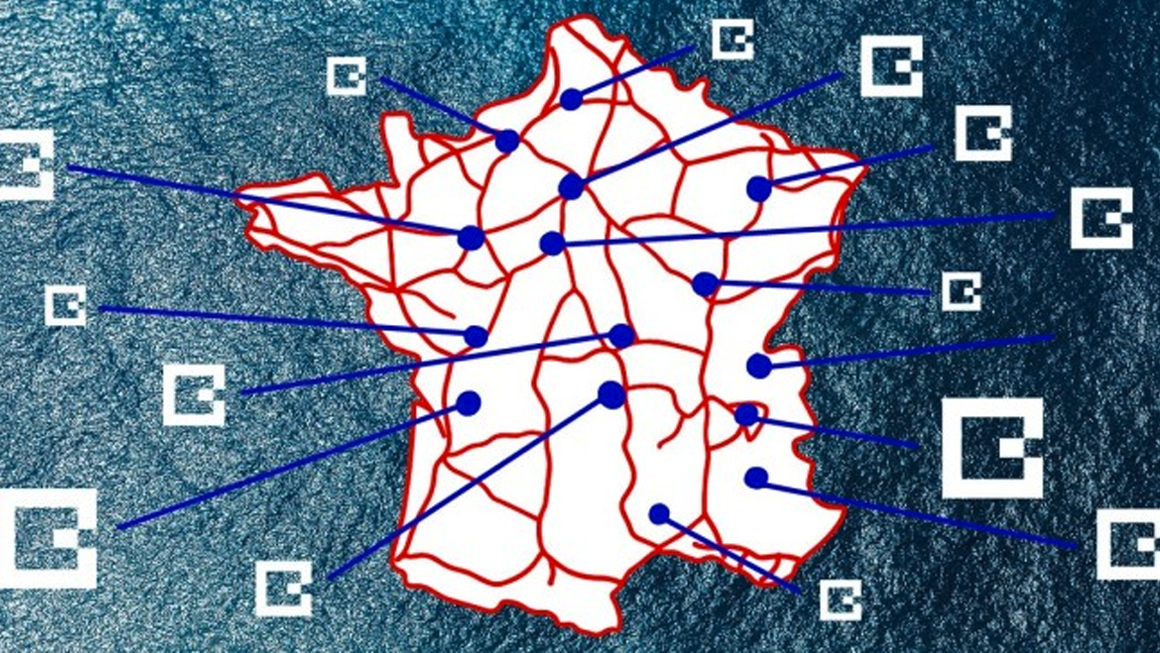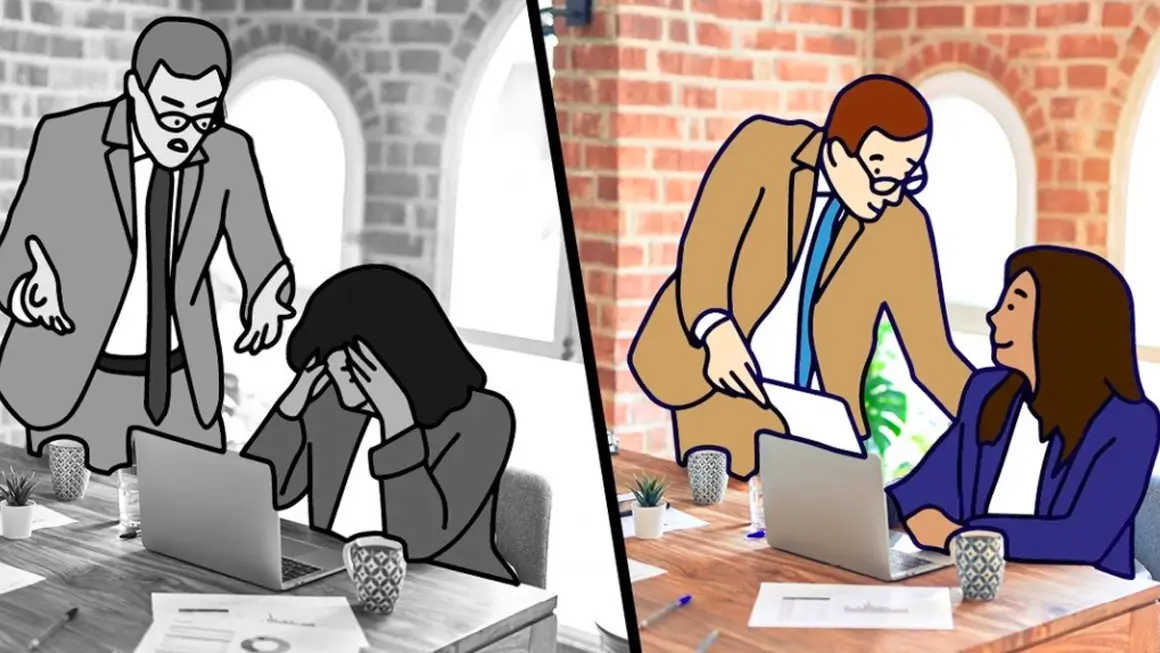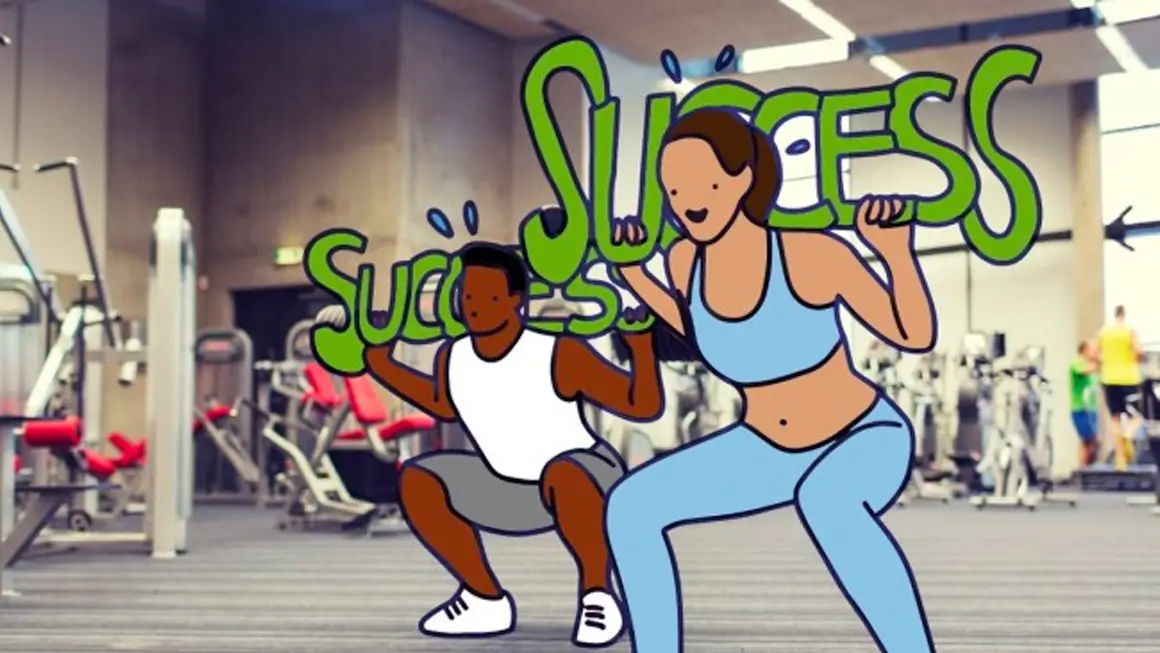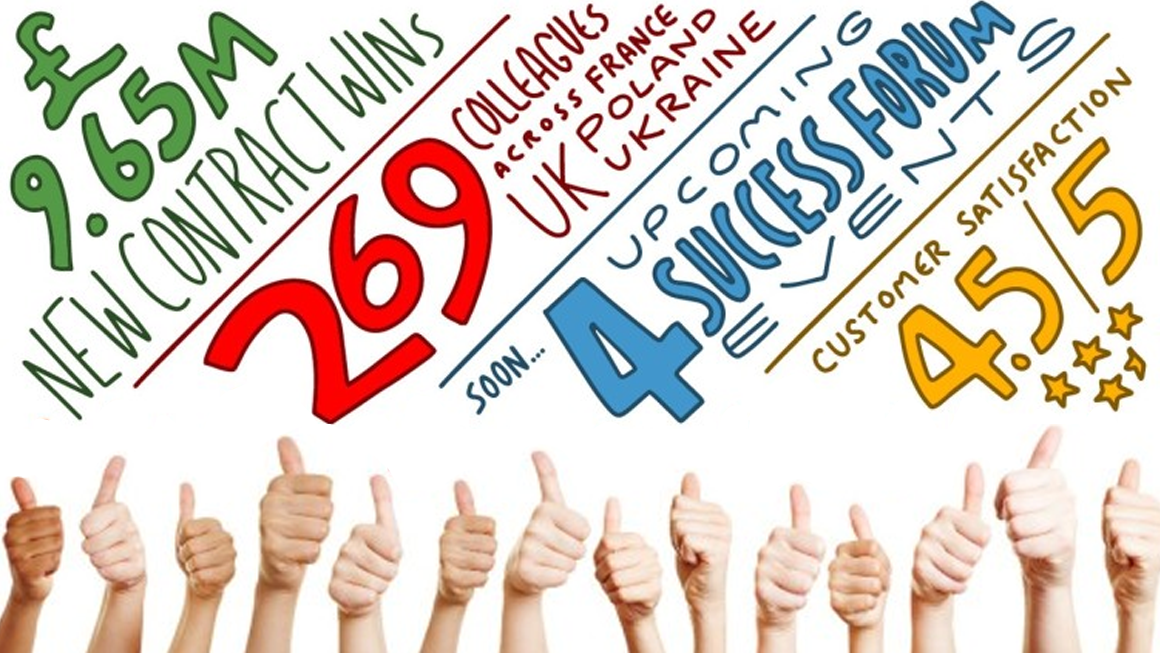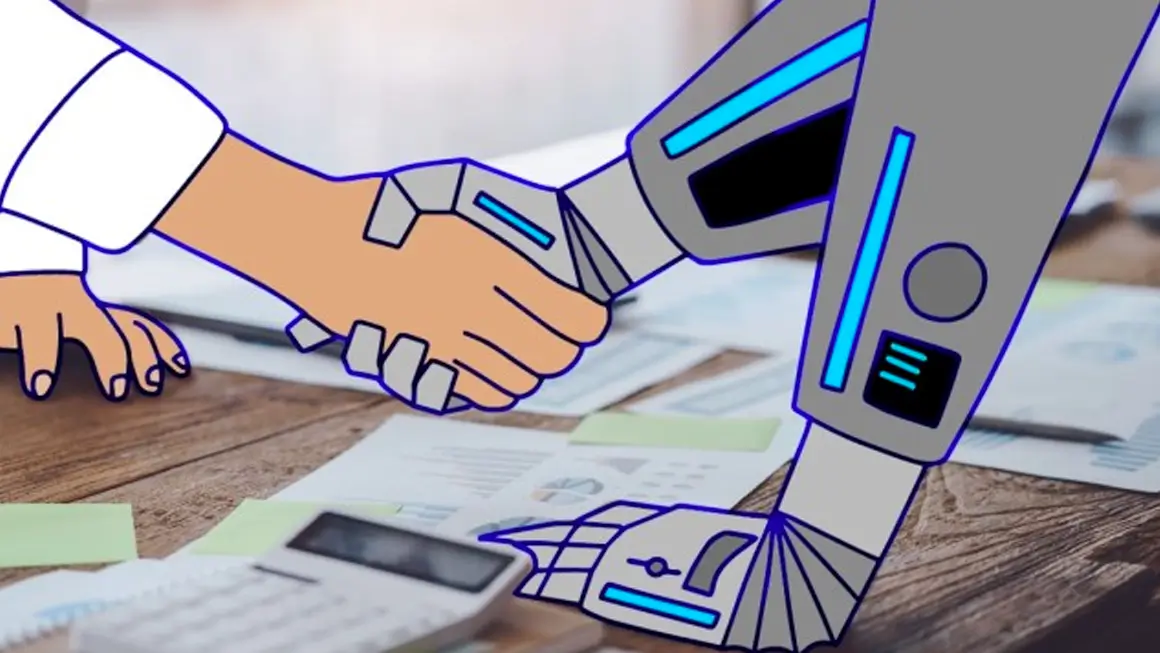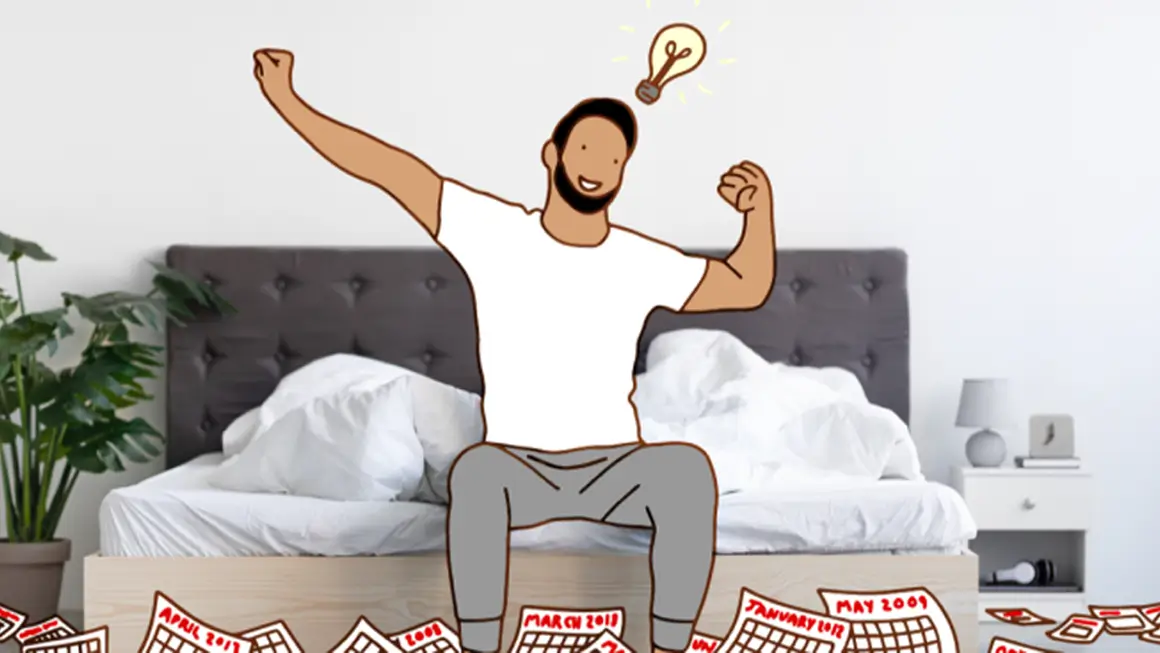In 2023, the survival of most businesses depends on technology.
If you aren’t making the most of the platforms, software, and tools out there, your rivals certainly will – and they’ll have the edge.
The right tech can drive efficiency, boost productivity, increase sales, supercharge your customer service, all while cutting costs.
It’s never been easier for early-stage businesses to leverage cutting edge technologies, from AI tools to insightful analytics – once these were only available to big corporations with enterprise budgets but now, it’s truly a level playing field.
I’ll give you an example.
I recently helped to reinvent a social enterprise here in Leeds. While it is a small, local outfit, I have been determined to give it all the right tech tools to succeed.
Despite having few team members – and just one delivery driver – Street Lane Bakery is on BigChange. This has been massive for everyone involved, as we now have a process for everything, be that health and safety checks, cleaning, fulfilling orders and more. We are slicker, more efficient, and more able to grow safely – and we offer the same level of service as a much bigger bakery.
Every business owner who wants growth needs to think this way – what processes could eradicate paperwork and give the team back their precious time. Also, what business intelligence am I generating within my business that could help me make better decisions in day and tomorrow?
It goes without saying that every business needs a website and/or social media. Modern companies also need some kind of communication tool, be that a newsletter engine to reach out to customers, or an internal messaging app like Teams.
Accounting software is another tech “must-have”. Today, founders need to spend their time doing high value activities – finding customers, strategising, collaborating… They don’t need to be up all night, hunting through old receipts, while they file their tax return. Especially not now, with Making Tax Digital and quarterly reporting. Providers like Sage, which offer cloud-based tools that you can access from anywhere, are particularly effective.
Crucially, you want all your applications and tools to work seamlessly together. You want to have as many as possible bundled together for easy access and a more intuitive user experience.
Technology will never replace the human touch. I’m a firm believer that all this amazing technology, be it AI, chatbots, or cloud software, they all have their place. However, people want to do business with people. Call me old-fashioned but I believe if a customer has an issue, they want to speak to a person, not a bot. Luckily, the best tech exists to make these interactions easier and more meaningful.
Failing to use the tech tools at our disposal is a mistake – a study by the IZA Institute of Labour Economics in Germany in 2021 showed that a failure to adopt technological innovations was stifling entrepreneurship and the nation’s economic growth. Don’t let slow tech adoption lead to the failure of your venture.

